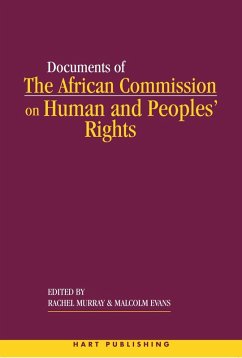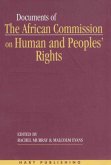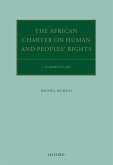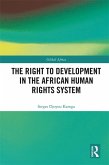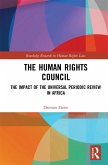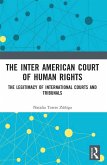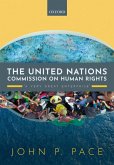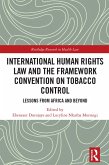The African Commission on Human and Peoples' Rights, established in 1987, was the third regional instrument, after the European and American systems, for the promotion and protection of human rights. This book, drawing on the jurisprudence and practice of the Commission, challenges the applicability of international law to the African situation. Following an examination of the evolution of the African Charter and the status of ratification, Murray questions the opposing dichotomy approach of international law. Her critical analysis covers the notion of the state, the issue of personality and the application of the international law distinctions between war and peace and judicial and amicable disputes. The experience and approach of the African Commission is compared with that of other regional and international bodies, leading to the conclusion that a more holistic approach to international law is required if human rights are to be adequately protected.
In addition to making an important contribution to legal scholarship on the subject of the Commission this book will serve as a reference work, a textbook and an invaluable practitioners tool.
In addition to making an important contribution to legal scholarship on the subject of the Commission this book will serve as a reference work, a textbook and an invaluable practitioners tool.

